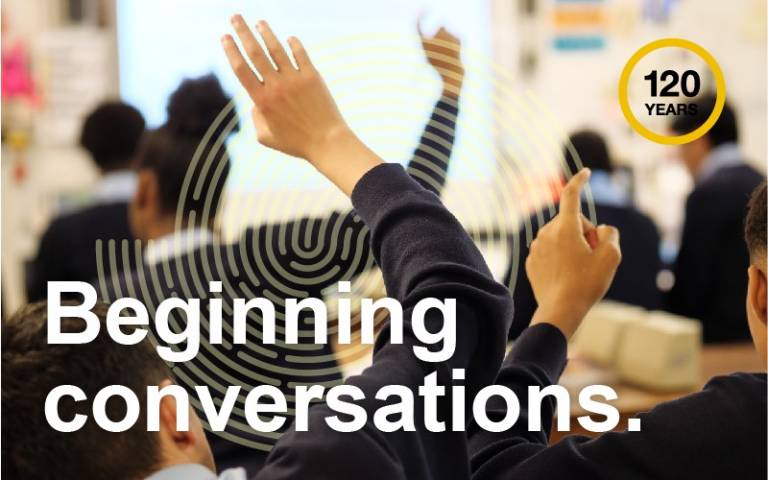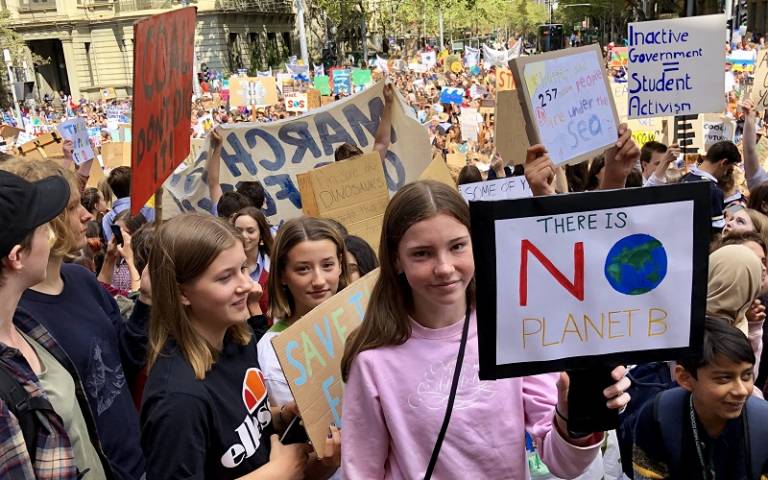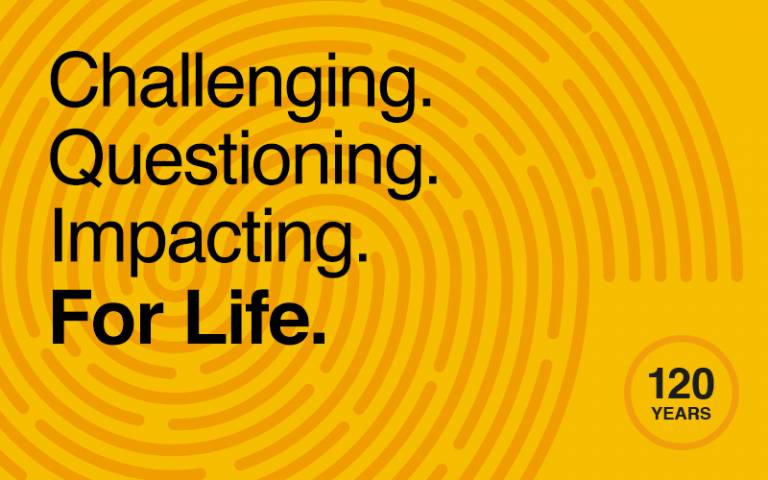Recent global events have sparked concern about democracy’s continued existence, raising questions about how we can ensure democratic values are embraced by future generations so democracy can survive

One way, argues Professor Judith Suissa, is to make sure that schools are truly democratic institutions that provide students and staff with the freedom to act and debate. The Centre for Philosophy of Education at IOE, UCL’s Faculty of Education and Society, leads crucial work in this area. Researchers in The Centre interrogate our understanding of democracy and education, and connected political and moral values, and stimulate courageous conversations to tackle contemporary issues.
Schools in England often teach Citizenship, which involves understanding the institutions and mechanisms of democratic states and why democracy matters. However, Professor Suissa argues that thinking seriously about democracy involves asking questions about what kinds of institutions and what kinds of educational provision we should create. This may include looking at ways in which children can experience what it is like to live in a democratic community. While many schools have school councils, their role is often quite limited, and most students do not experience schools as democratic spaces.
Professor Suissa suggests that thinking about democratic education means focusing on what John Dewey described as “democracy as a way of life”, and not just on what pupils may be able to do when they are 18 and allowed to vote.

2019 saw hundreds of thousands of school pupils go on climate strikes around the world to demand further action from political leaders in tackling climate change.
Exploring the meaning and value of democracy and its implications for education can also challenge the focus on establishing a top-down system of curriculum and pedagogy. It can open up a space for thinking about how teachers can be granted more freedom, leading to greater diversity in approaches and perspectives.
When you allow people freedom to hear diverse voices it brings about creative solutions and includes ideas that you might otherwise miss.” – Professor Judith Suissa
Professor Suissa’s work explores the connections between political ideas and educational theory and practice, and she believes that educational spaces are always political spaces. Diversity, discussion and dissent are important elements in democracy and you don’t have to agree with everyone in order to live and co-exist in a political space. In an age of increasing polarisation, it is important that schools provide spaces for people to disagree and have difficult conversations, while respecting each other as individuals.
Judith Suissa’s research has explored the many informal spaces in which education goes on, outside the sphere of the school system. Indeed, as the Covid-19 pandemic and lockdowns have shown, schools are not just sites for education, and education goes on beyond and outside of school in many different ways. Changing schools and other educational spaces cannot alone solve the problems we face as a society. However, they are some of the important sites for enacting democracy and contributing to democracy’s survival, and IOE conversations and work in this area play a crucial role in this.
 Close
Close


